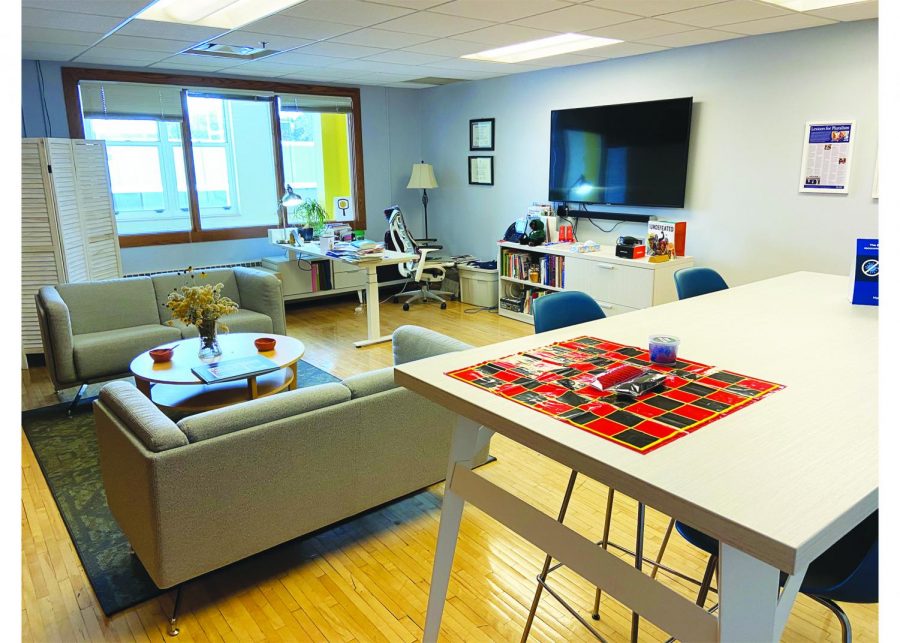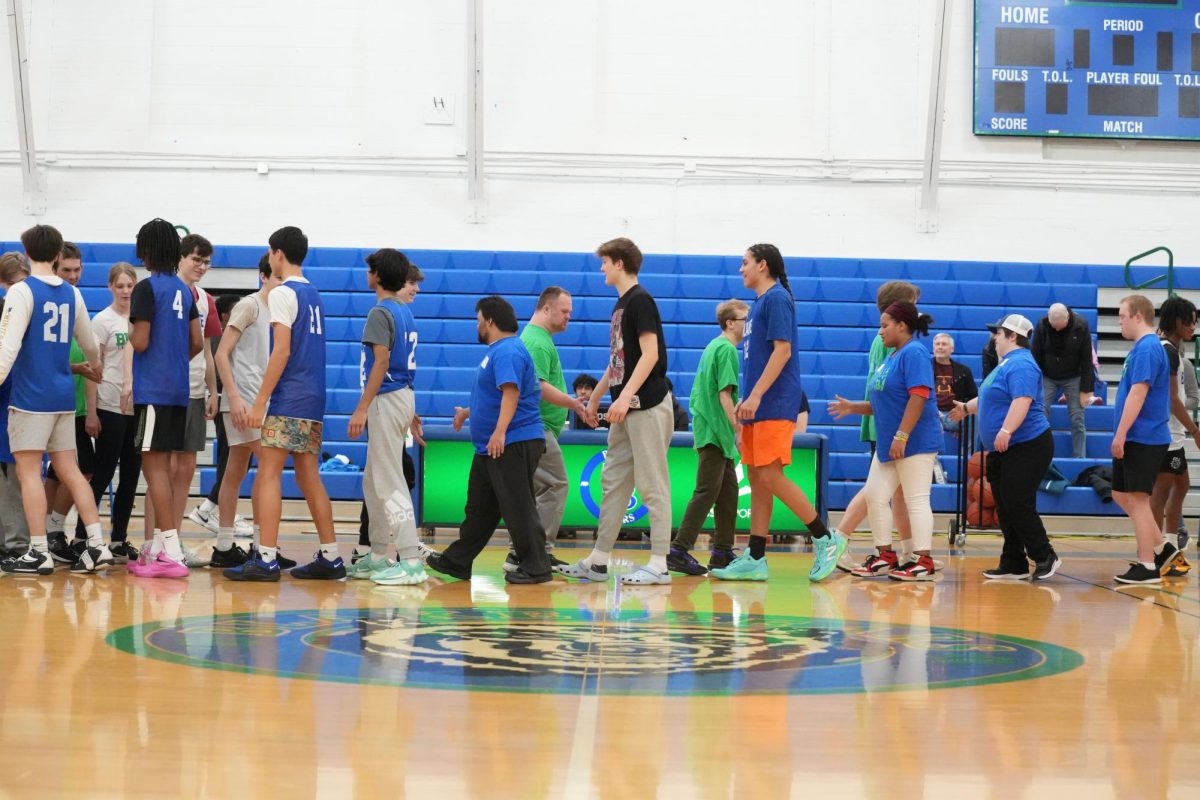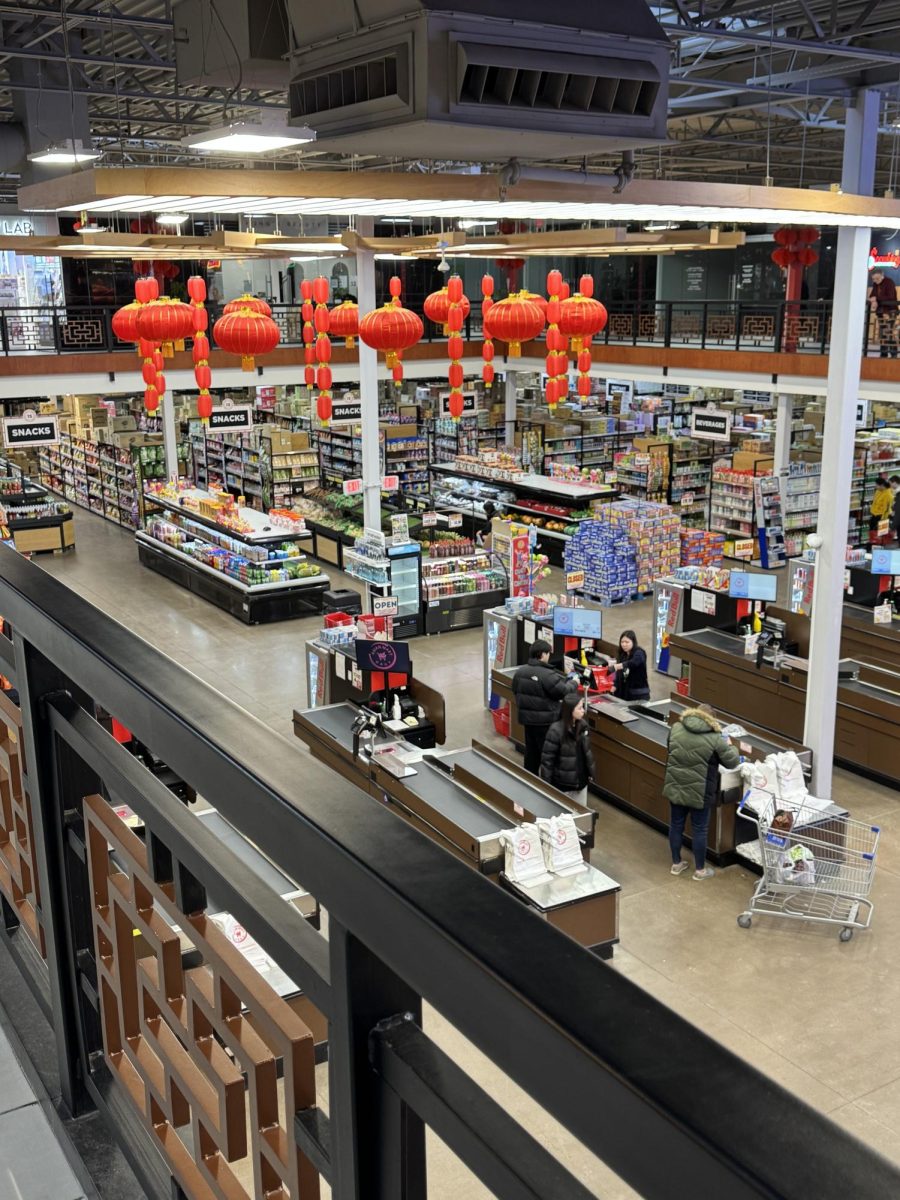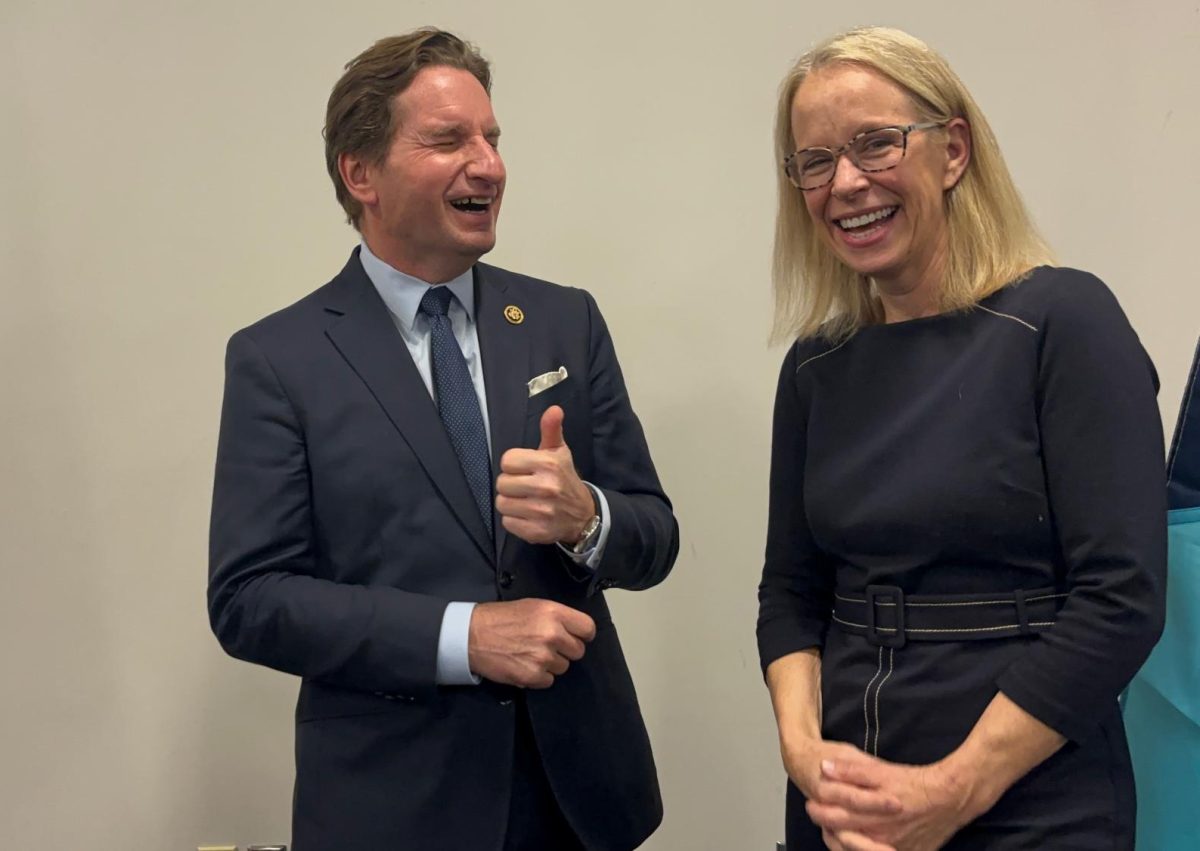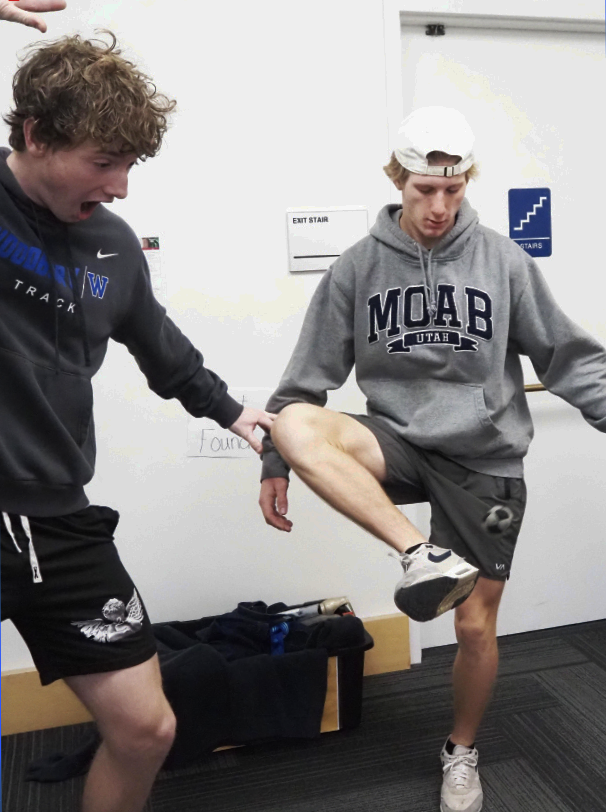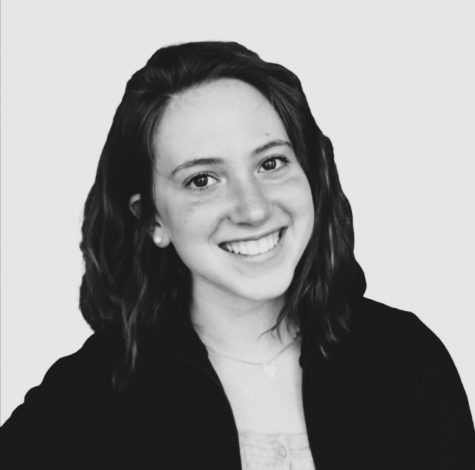With the summer Black Lives Matter movements on the forefront of everyoneís minds, the Equity Lab emerged at an ideal time. The Lab was created by Tyneeta Canonge, the Director of the Office of Equity and Community Engagement (OECE) as a place where community members can converse and make sense of cultural differences and commonalities through after school workshops, one-on-one discussions, webinars, community partnerships, and more. In Canonge’s words, “It’s a place for learning, conversation, and growth. That’s why it’s called the Lab.”
Director of Global Programming, Dion Crushshon, explains the reasoning behind its creation: “I know absolutely that Ms. Canonge was thinking about it well before George Floyd.” It all started when Canonge came to Blake 3 years ago and discovered a need for an easier way to communicate with all three campuses.
“The theme was always going to be an equity related theme, but this year is anti-racism, and I think that theme is a result of the events of the summer and the pandemic. All of these things–the intersectionality of race and health disparities, the social economic crisis that people are experiencing as a result of the pandemic has racial implications–I think is directly connected to the events of the summer because I think that is what we need the most right now,” says Canonge.
With some programs already open to Blake faculty members, social studies teacher Ben Cady and Grade Dean Anne Rubin talk about their experiences with and hopes for the Lab. Cady, who participated in OECE events last year marveled at his experience with BARWE (Building Anti-Racist White Educators), started by JJ Kahle, leader of LGBTQ Support & Advocacy, saying, “It was really really awesome for a lot of reasons. They provided great resources about how to be anti-racist in the classroom, but on top of that as a community thing, because it was the whole school, I met a bunch of elementary school teachers that I had never really met or talked with before, and it was interesting to hear how are we doing in terms of diversity throughout the school.”
Rubin, who is looking forward to her first program with the Lab, speculates, “I’m expecting just to do some brainstorming and thinking about the unwritten rules at our school and a little bit more of a deep dive into the way that we participate in them without even knowing that we’re participating, and that sounds like an interesting conversation.”
Still, she hopes that the Lab will give people of color opportunities to unpack their own biases, surrounded by fellow POC who have gone through similar experiences. Similar to affinity groups, she believes that this opportunity would help people of color worry less about their words offending or being misinterpreted by their white friends and colleagues.
Opportunities for students are opening up in the coming months with programs ranging from conversations with fellow classmates to improv sessions by an all Black cast. On Oct. 23, Shira Aronow ’21 talked with guest speakers J. Bowles ’24 and Karn Kaura ’24 who worked over the summer to make a difference in the Twin Cities as a result of racial unrest. Additionally, there was, through an OECE collaboration with the theater department, an evening of improv with an all Black group that students and family at home can log into and enjoy.
On Nov. 13, Anisa Thompson ’22, a member of the Student Diversity Leadership Council (SDLC), is going to present on what it means to be an ally, especially in a predominantly white, able-bodied, and educated environment and discuss ways to effectively support marginalized groups through proper self education and advocacy. For students who want to run a program of their own, they simply need to fill out a proposal form on Blake’s Equity Lab web page.
With the Lab opening up to the student body, Junior Class President Skylar Wang ’22 talks about its importance. Wang says, “I absolutely think itís necessary. I think that Blake has to do something to address just general disparities, whether it be racial or other forms of discrimination and equity, and I think this is a good first step in the right direction.” Still, she, like Rubin, hopes that the Lab creates a “conscious awareness” for the Blake community to question their own internal biases through anti-bias training or discussions.
With the benefits of improved public speaking confidence, recognition of bias, and a strengthened sense of community, the Lab is providing students with great skills. As Thompson emphasizes, “I think there will be some change, but I think the overall goal is just to make Blake a place where all students feel comfortable, their voices feel heard, so I think in terms of making Blake more welcoming, it will definitely help. I think it’s definitely important, but I think it’s only going to be as effective as there are people to participate in it.”

